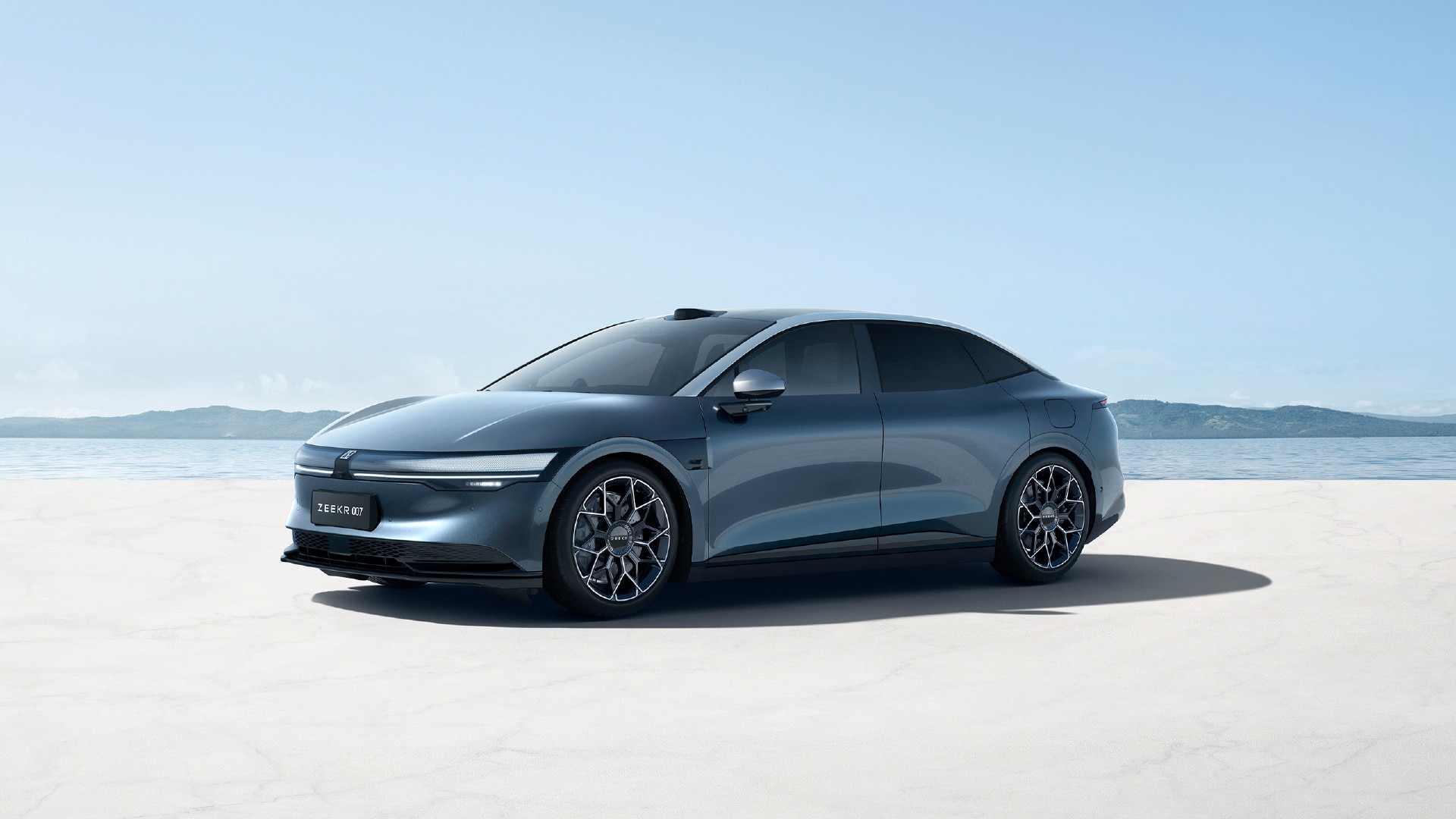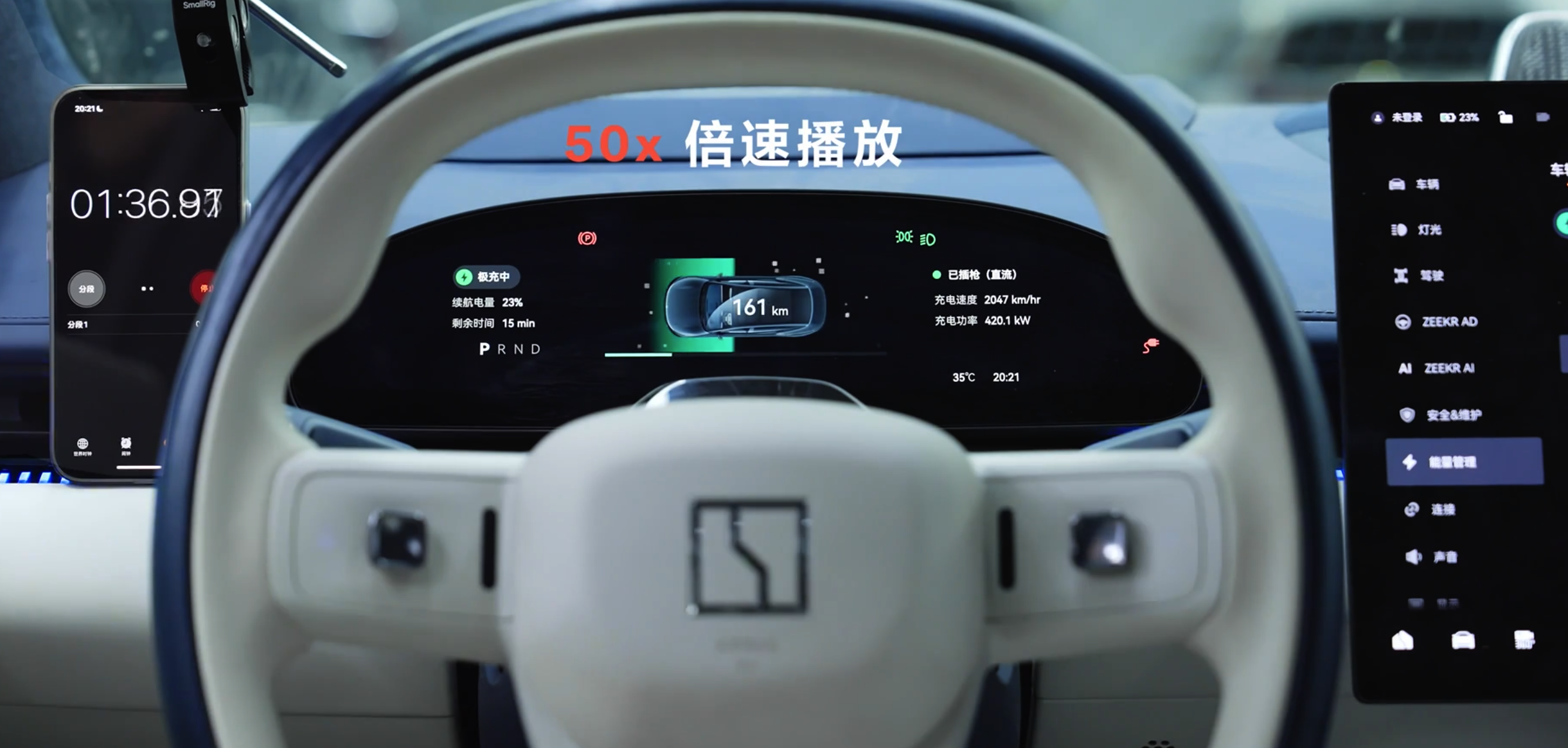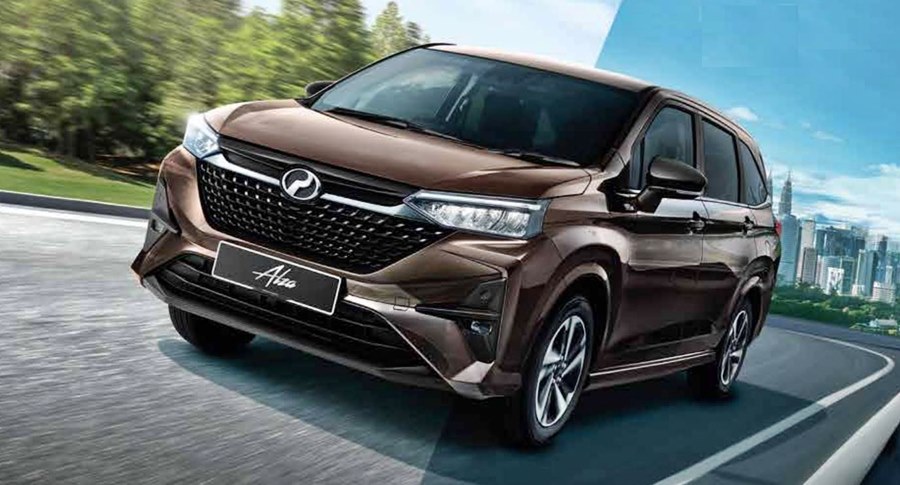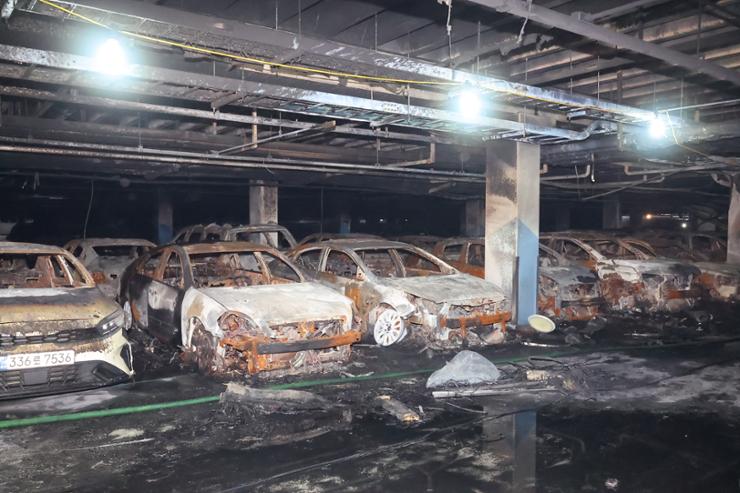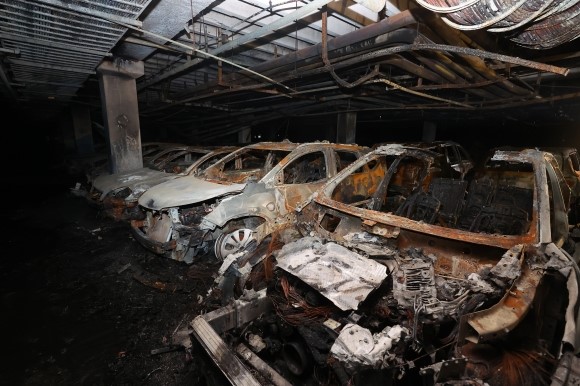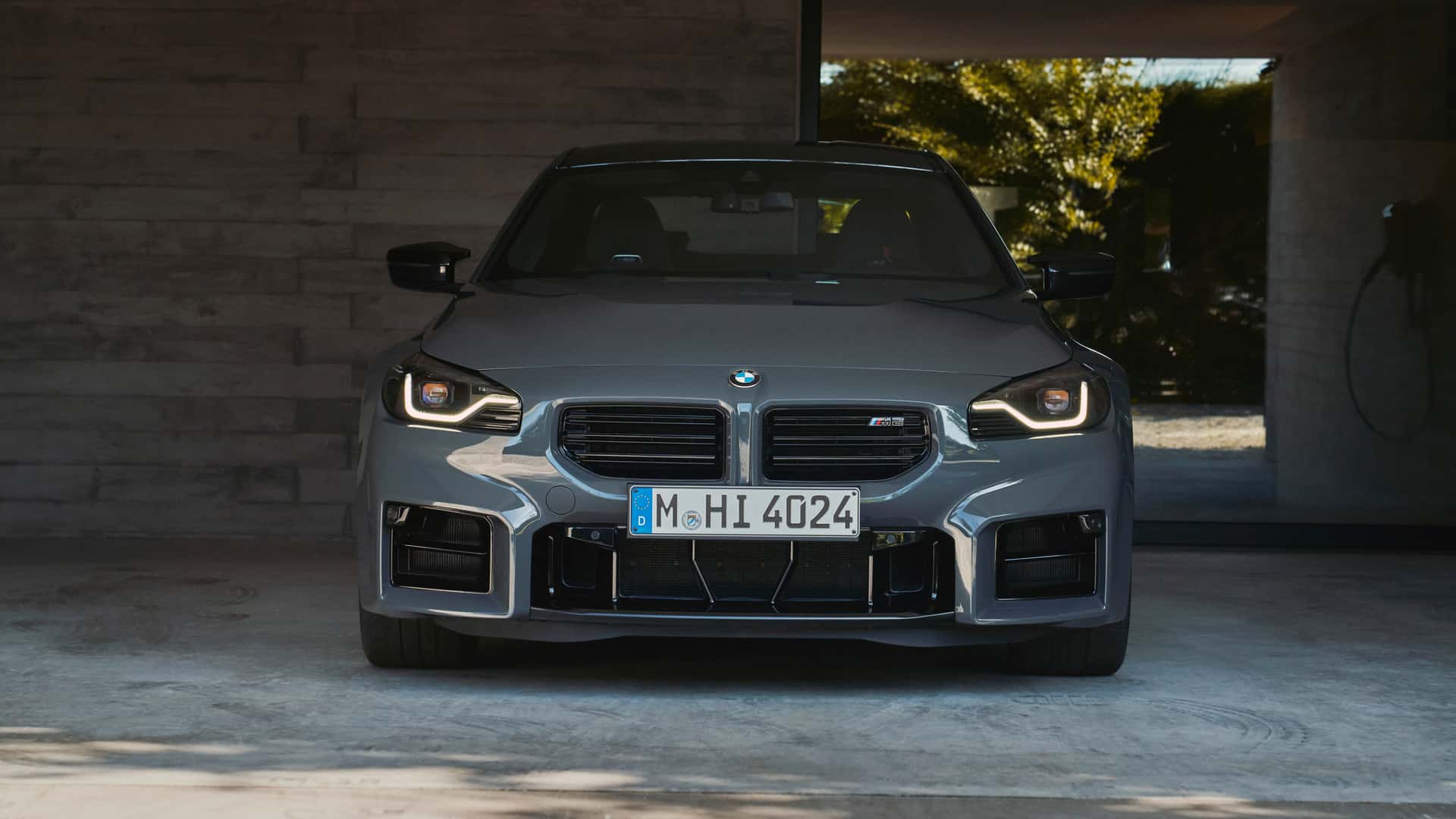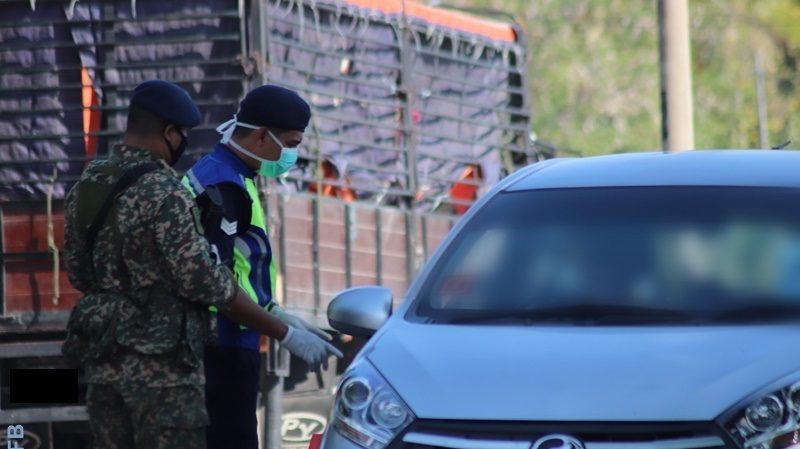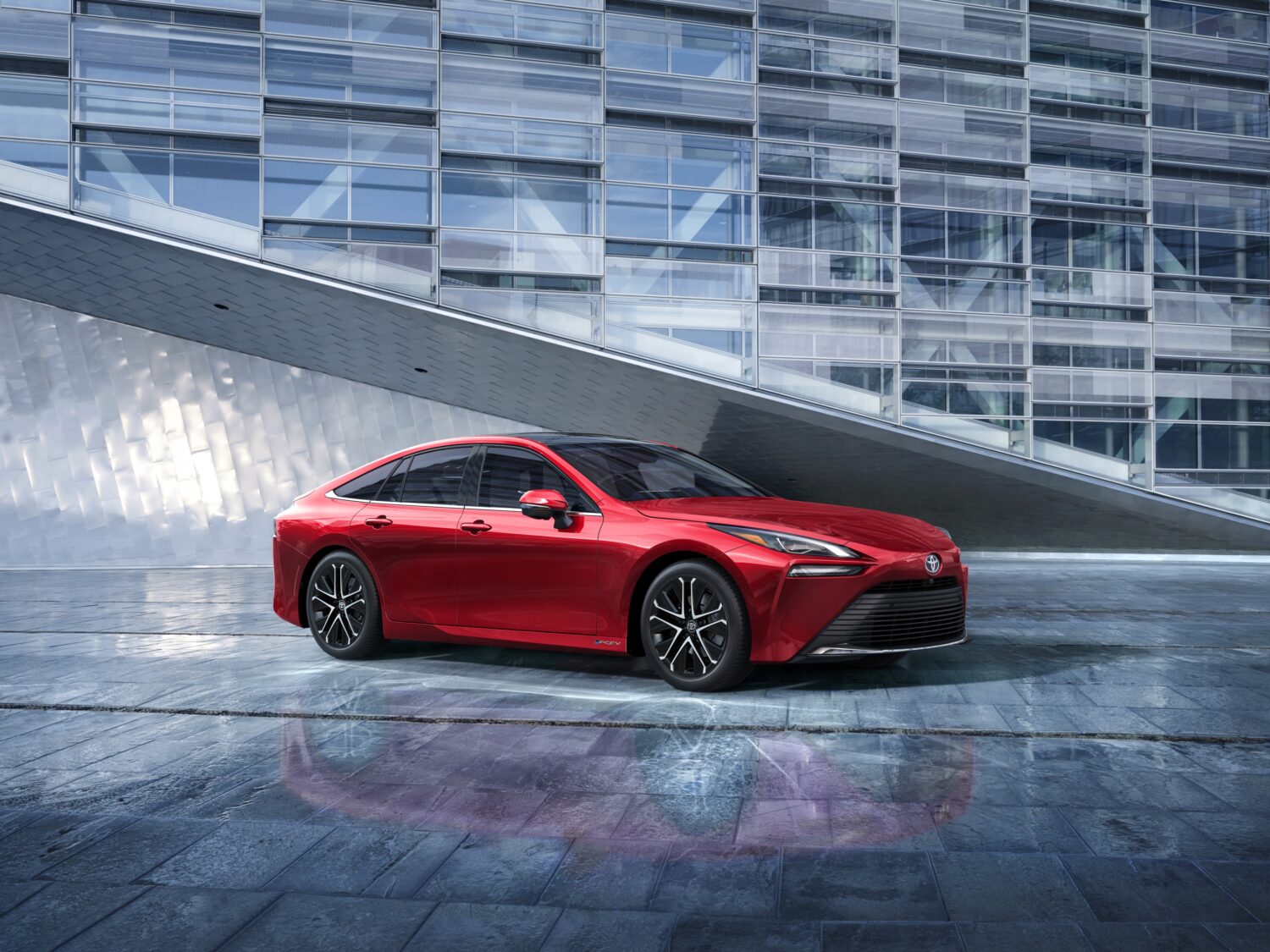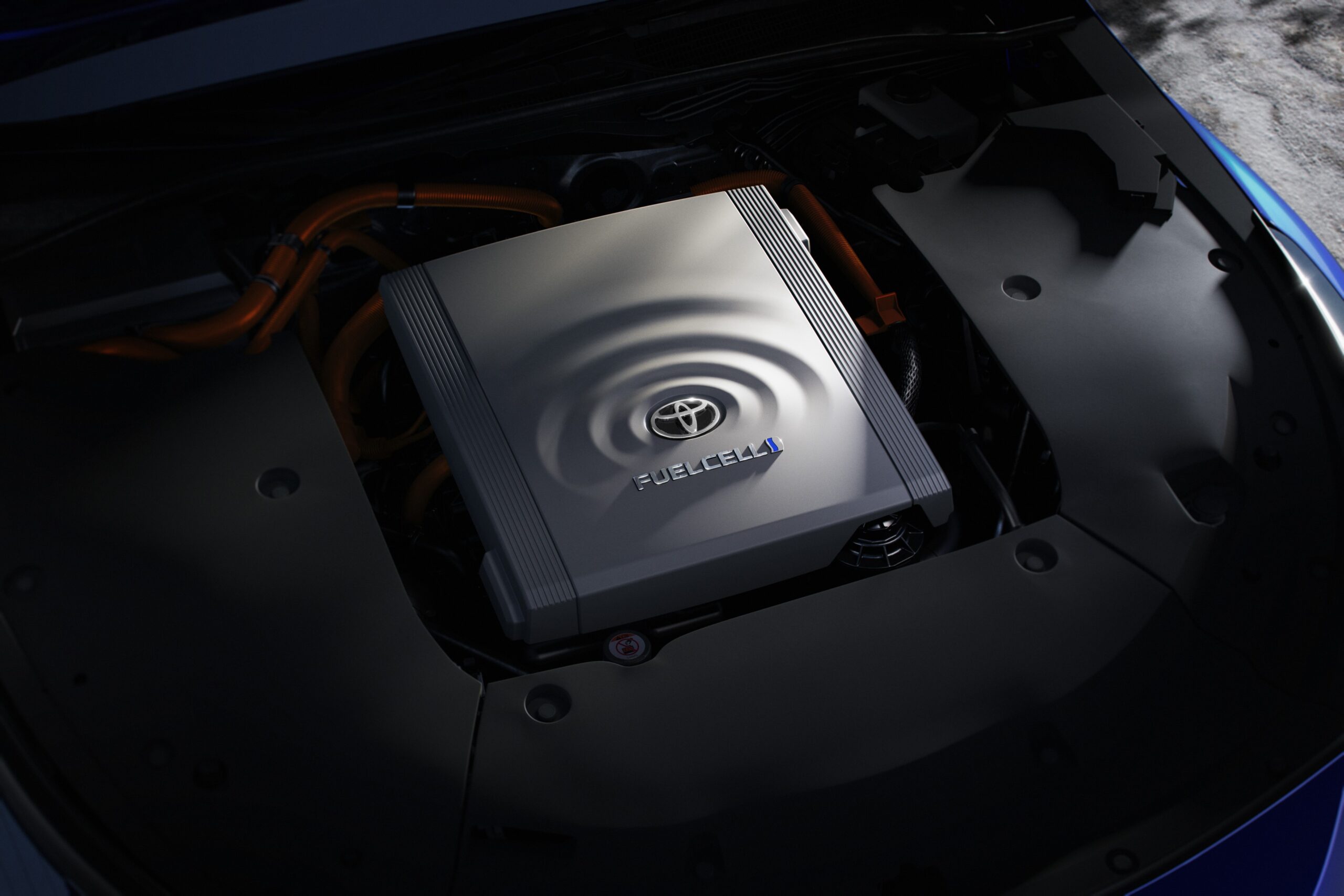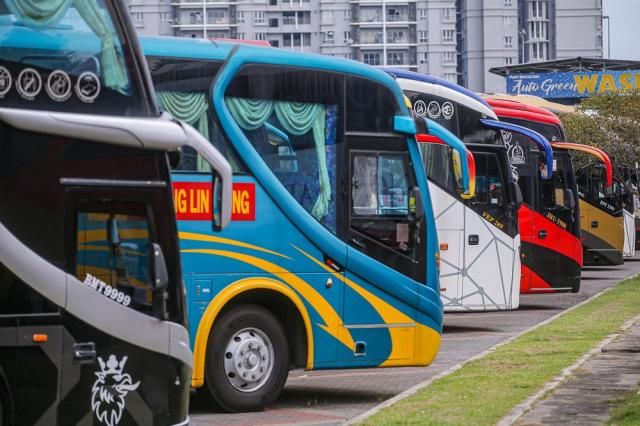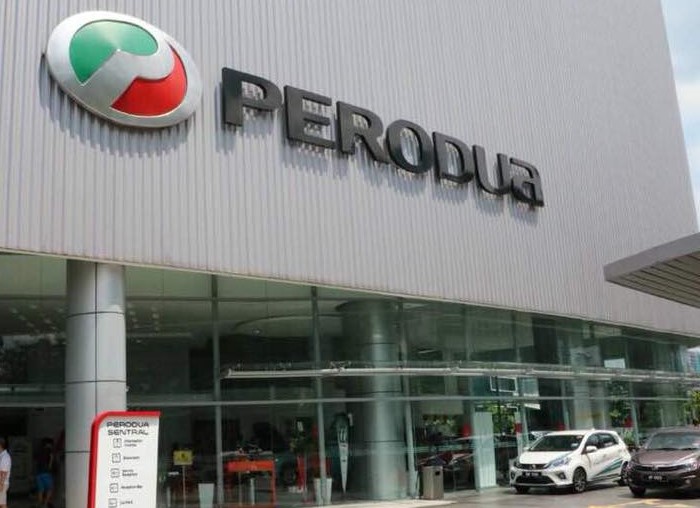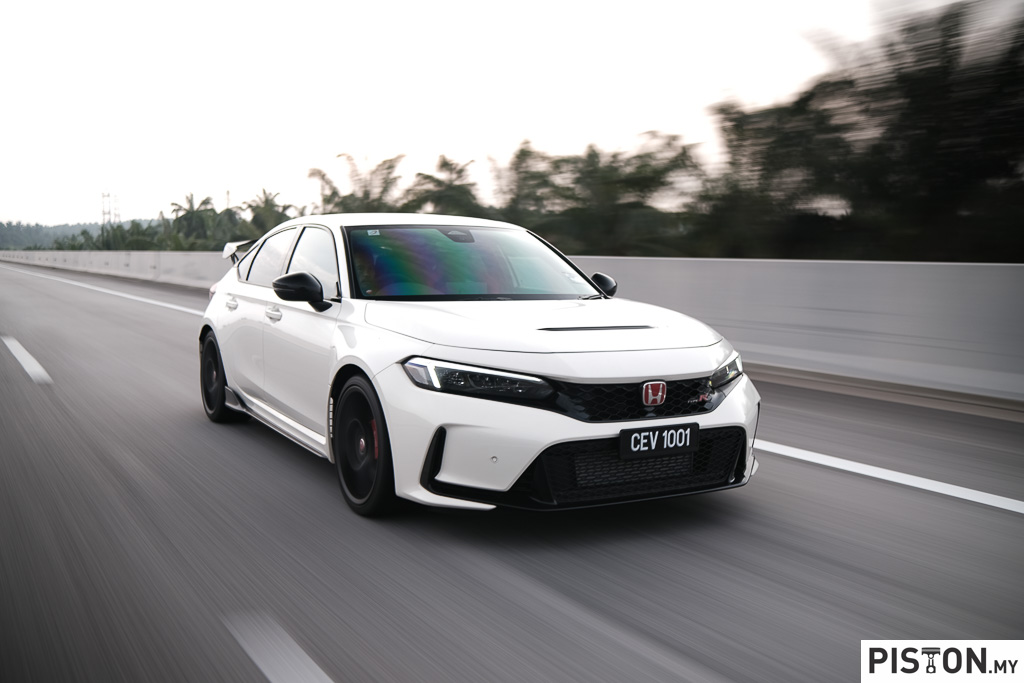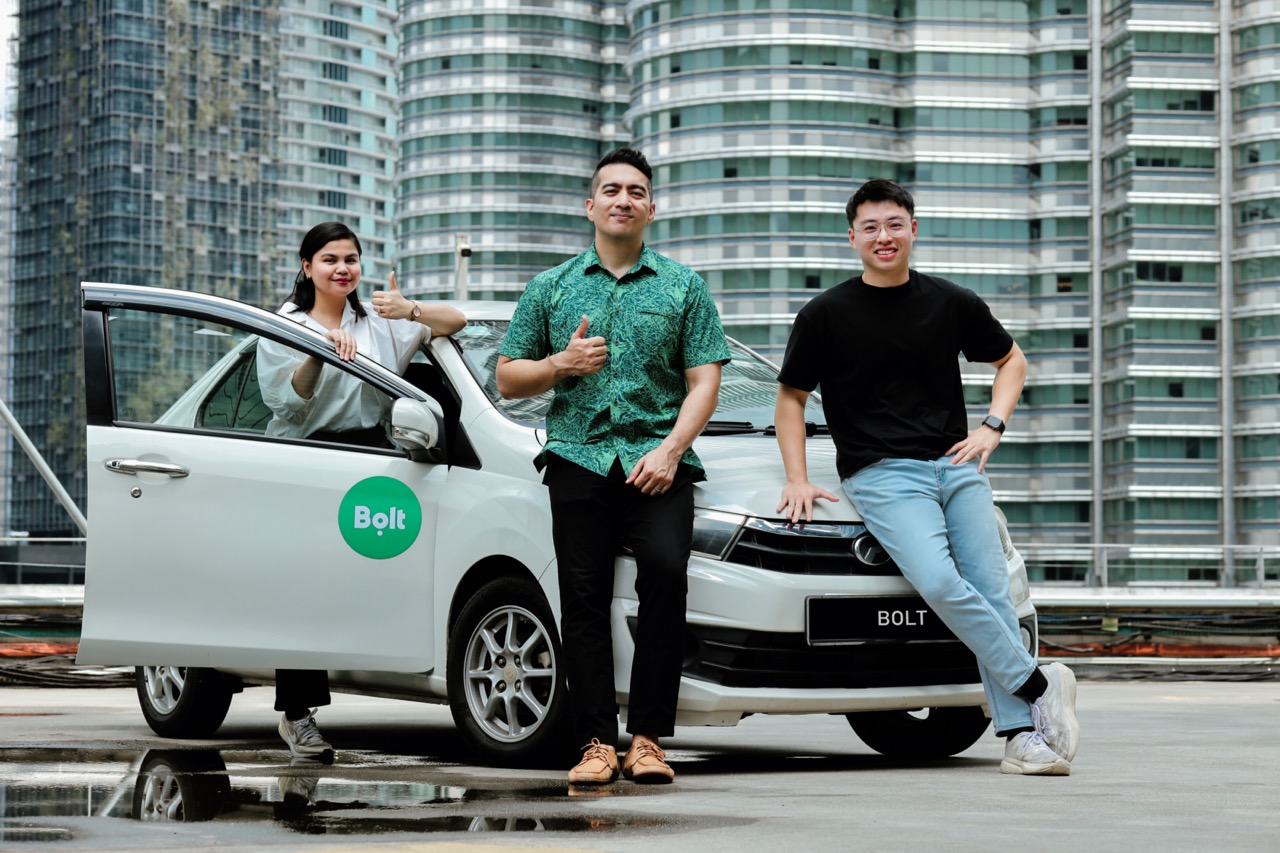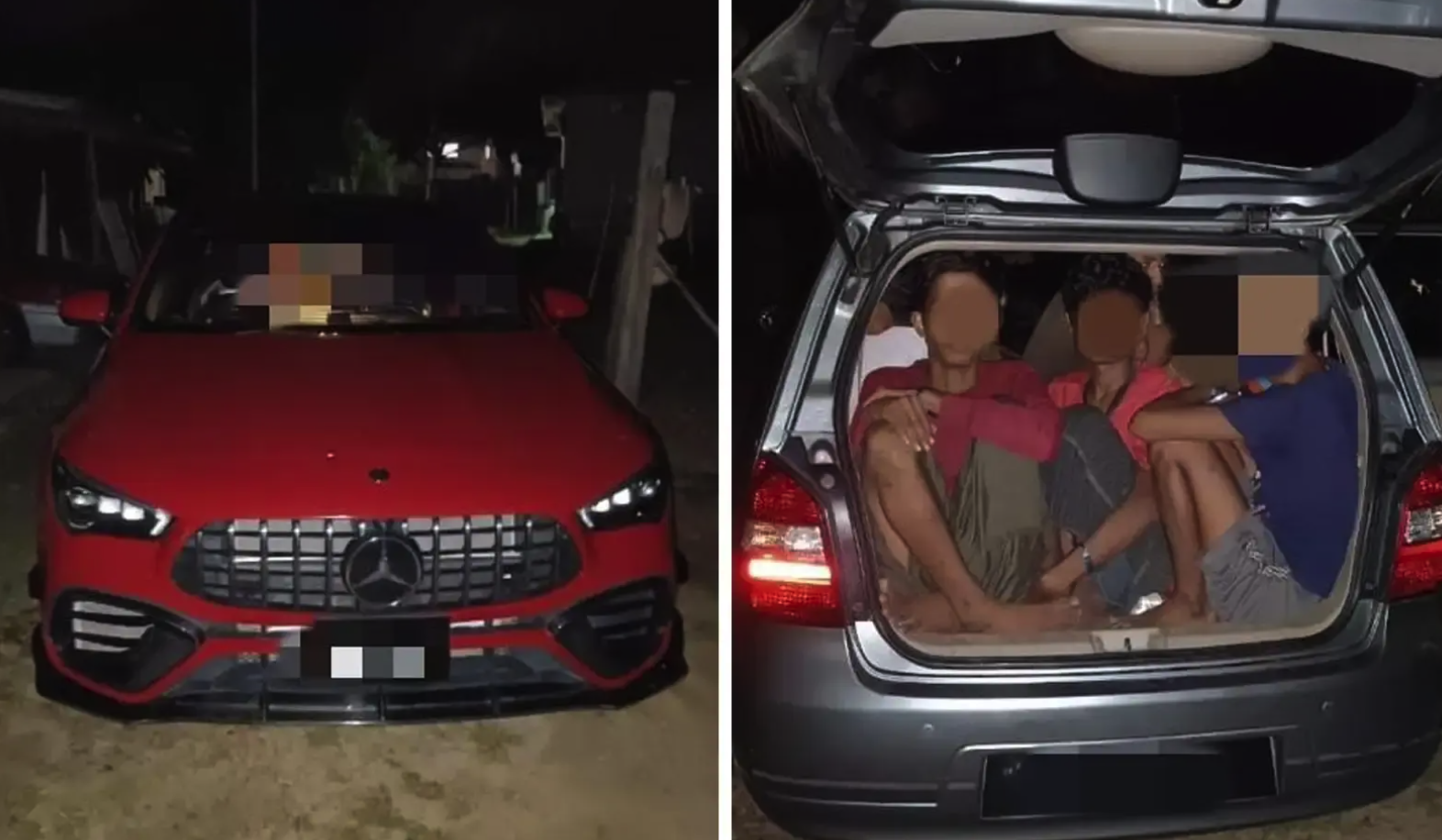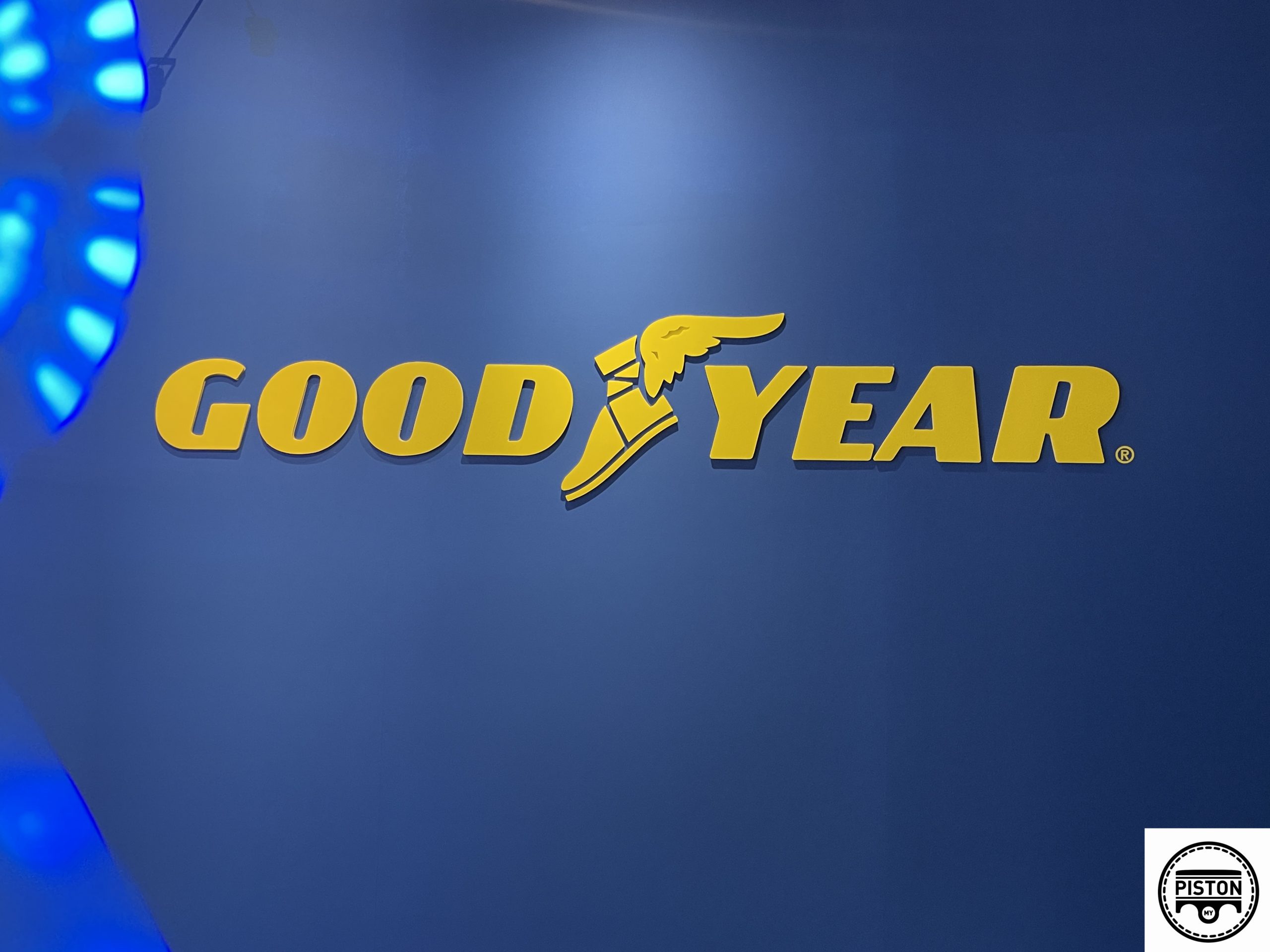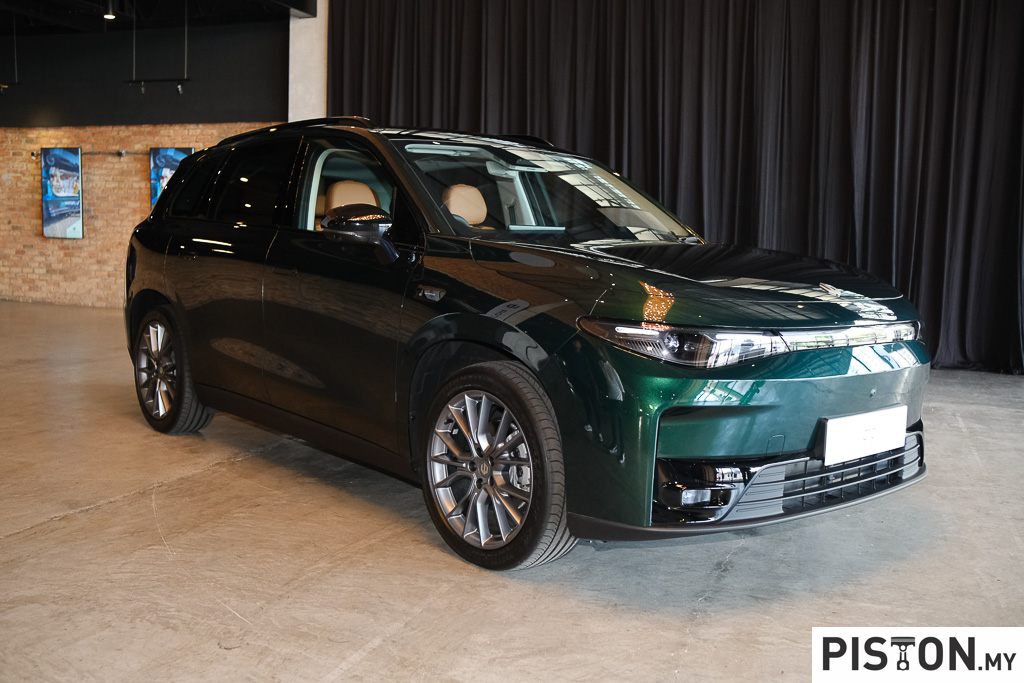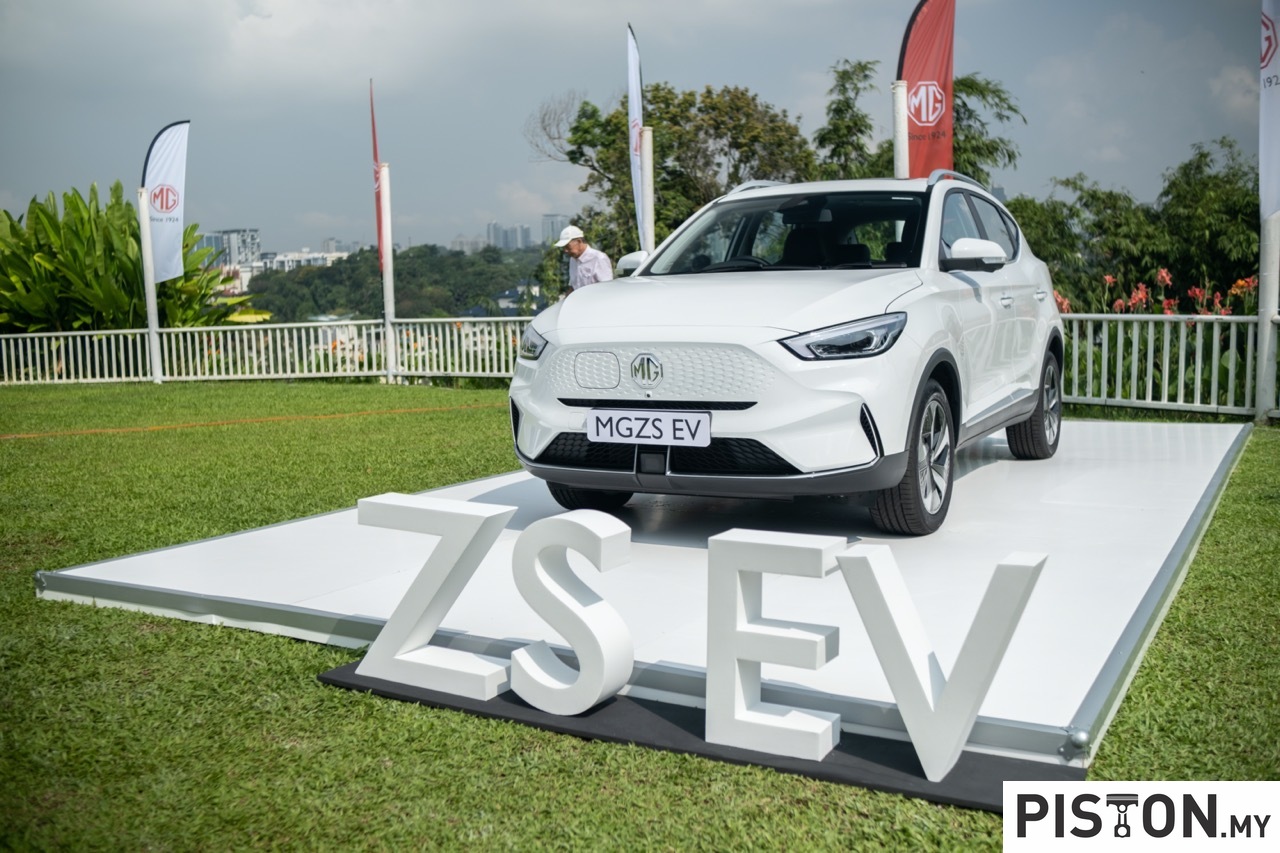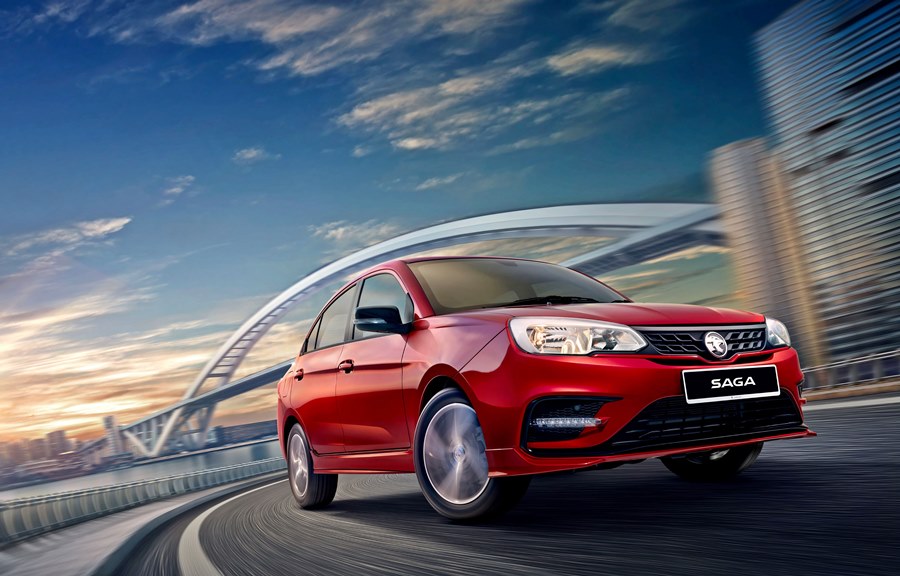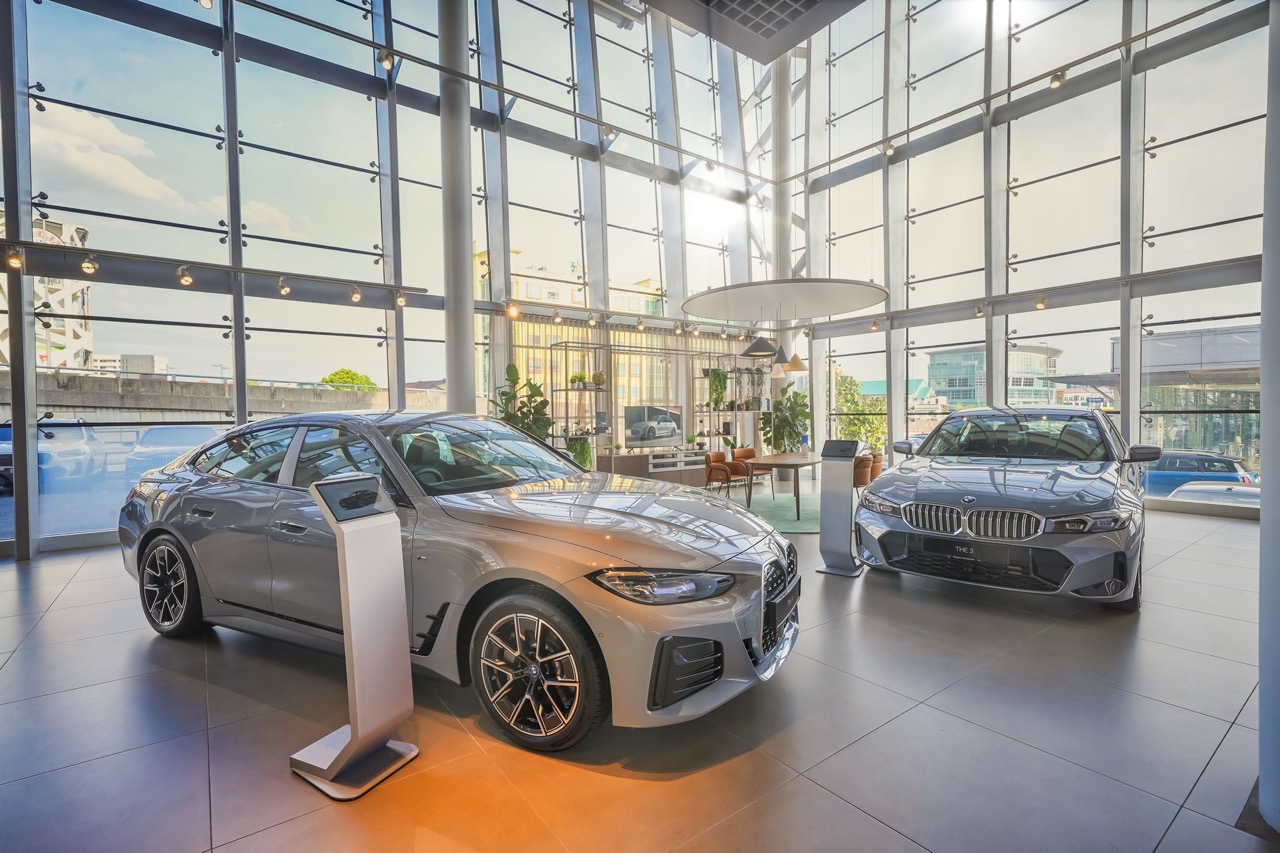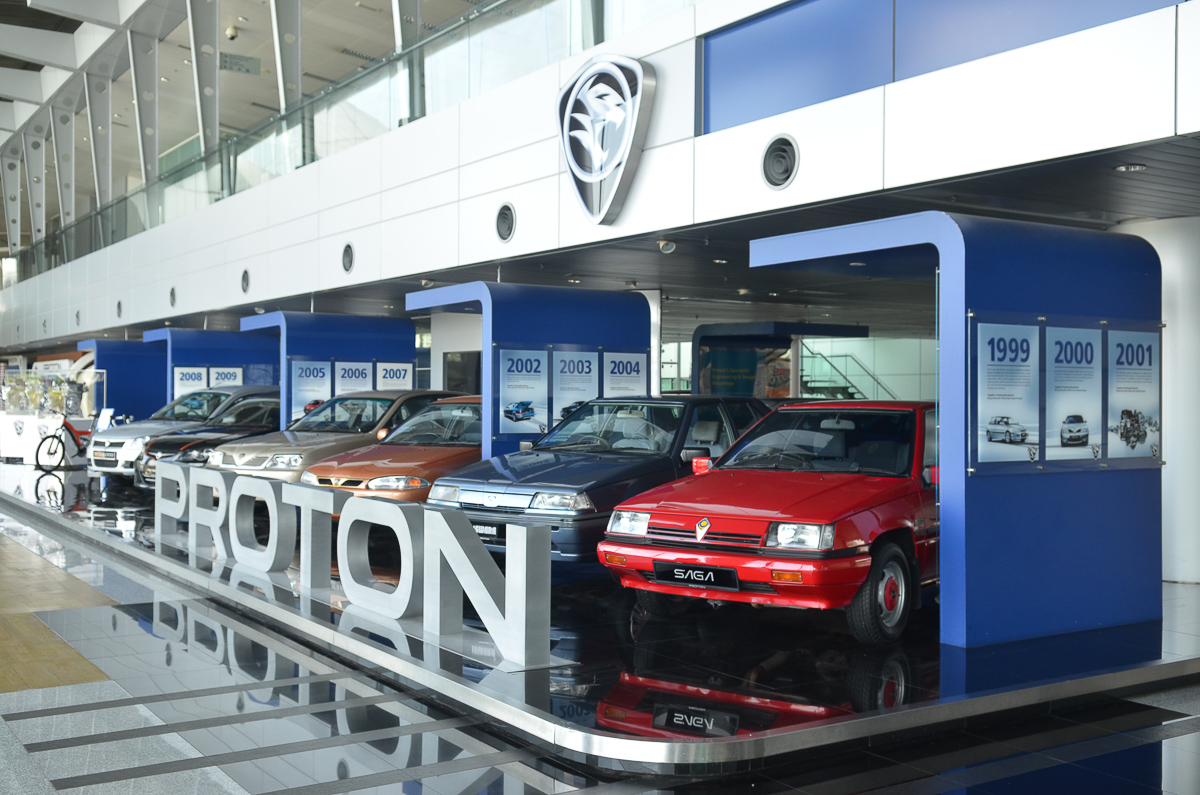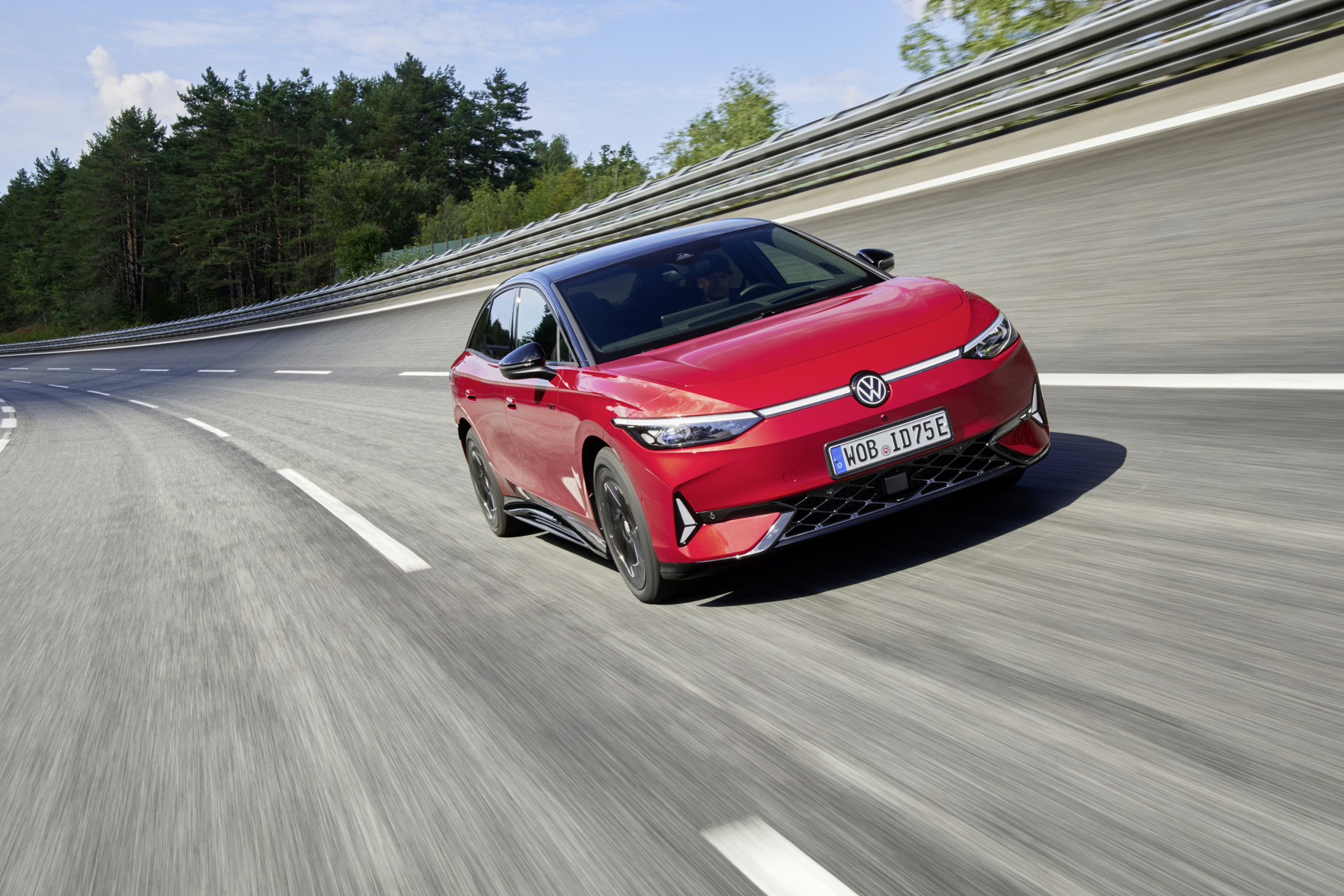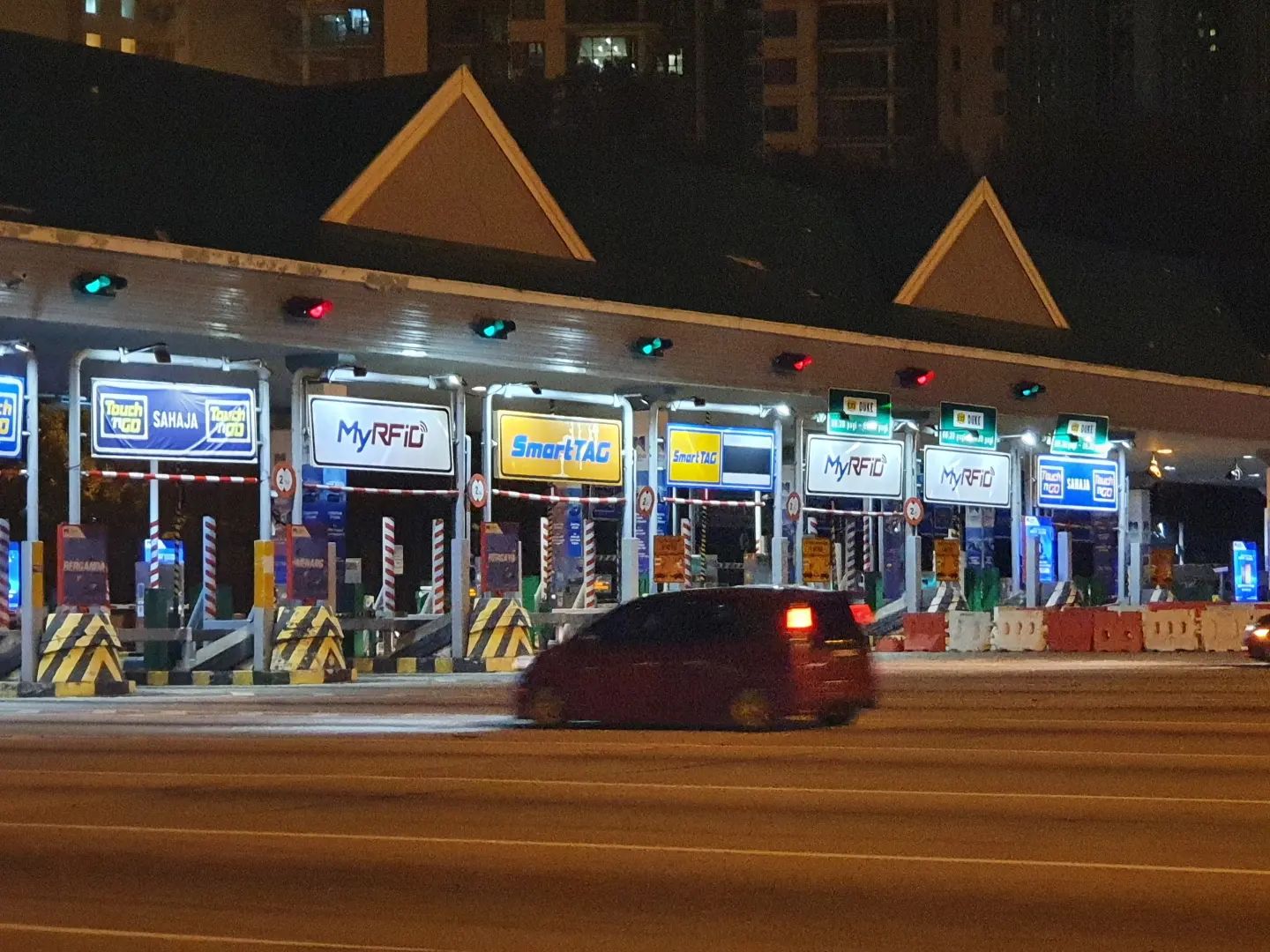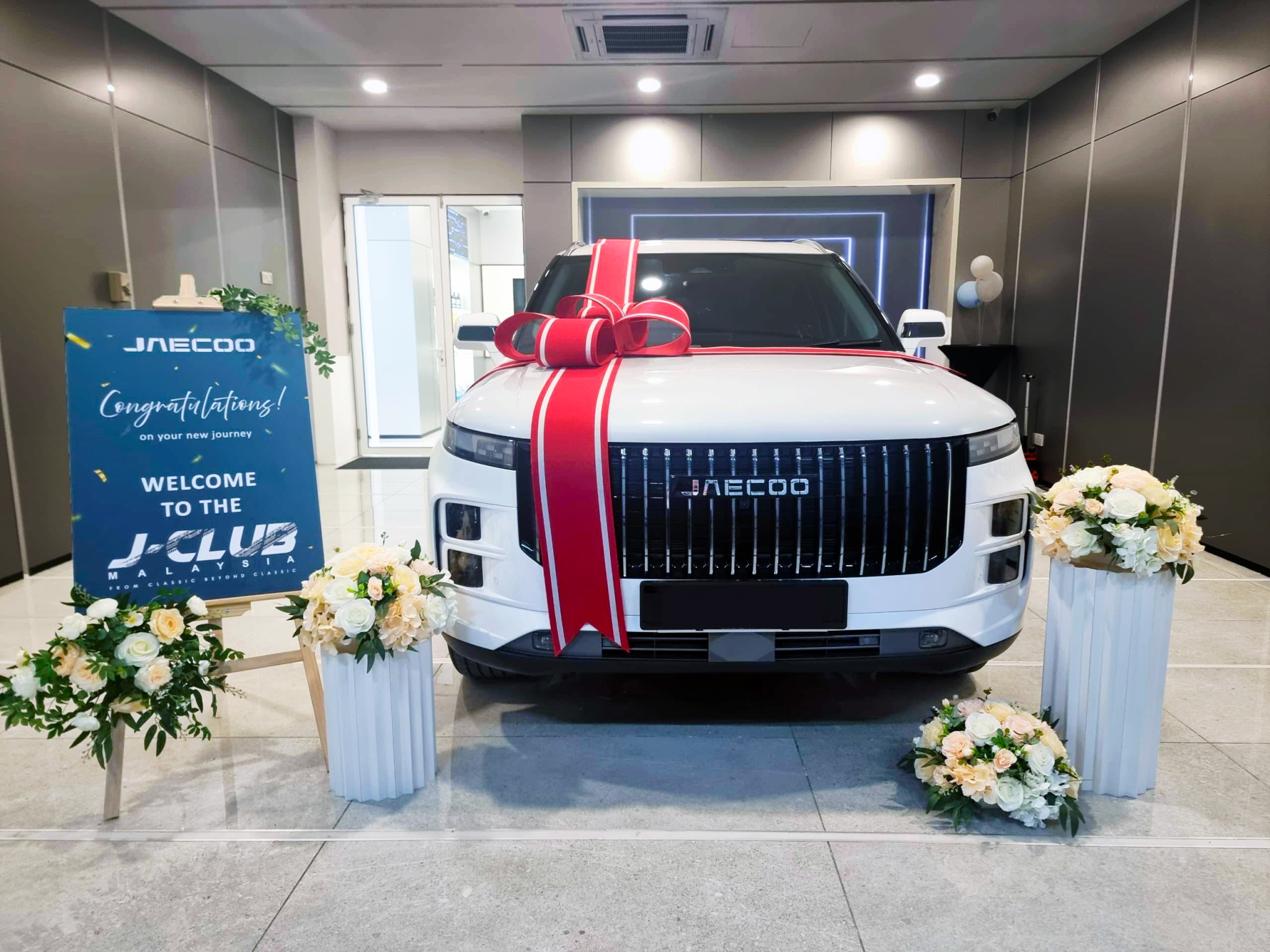In a major leap forward for electric vehicle (EV) technology, Zeekr, a spin-off from Geely, has announced a groundbreaking upgrade to its super-fast-charging LFP battery. At its recent Tech Day event, the company showcased its 2025 model lineup, featuring a new version of its battery technology that promises to set a new industry benchmark.
The latest iteration of Zeekr’s LFP battery can charge from 10% to 80% in just ten and a half minutes, outpacing its predecessor, which took 13.5 minutes for the same charge. This significant improvement is attributed to advancements in the battery management system (BMS), which now includes enhanced capabilities for maintaining high charging speeds for extended periods.
Zeekr’s demonstration highlighted the new battery’s performance. Although the maximum charging speed was not disclosed, comparisons with the previous generation indicate that while peak speeds may not be higher, the new system sustains these speeds more effectively. The upgraded BMS also enhances performance in adverse weather conditions, enabling the battery to achieve the 10-80% charge in about 30 minutes even in temperatures as low as -10 °C




